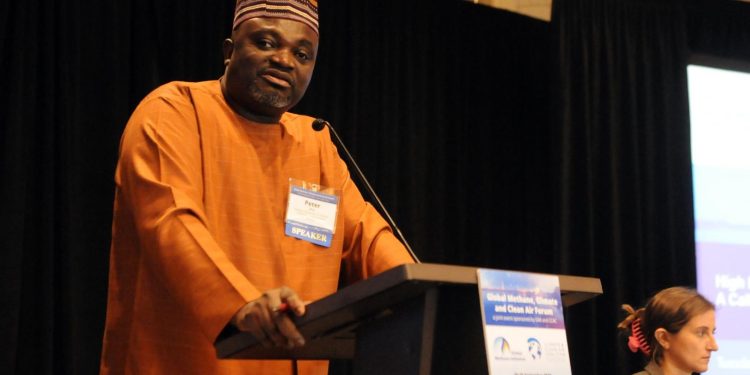Professor Patrick Asuming, an economist and senior lecturer at the University of Ghana Business School’s Department of Finance, has assessed the country’s International Monetary Fund (IMF) programme and commended the government for its successful implementation thus far.
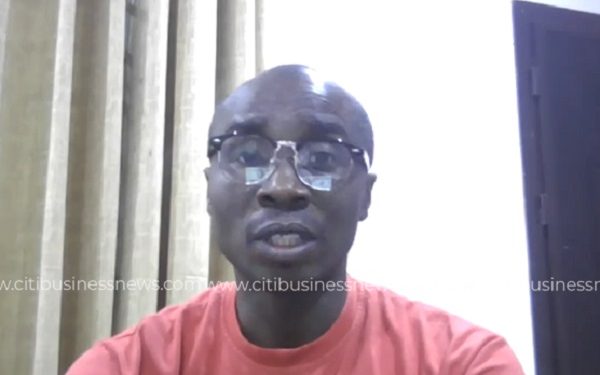
However, he noted that while macroeconomic indicators had improved since 2022, they remained worse than pre-2022 levels. On a microeconomic level, the situation has worsened, with rising food insecurity and a growing number of people living in multidimensional poverty.
He emphasized that while the IMF programme has delivered some positive outcomes, it does not address some of the critical long-term challenges of the economy, such as over-reliance on foreign financing and imports, and weaknesses in domestic production capacity.
Professor Asuming made these comments during a discussion titled “Public Debt and the Climate Crisis in Ghana: Promoting Economic Justice and an Integral Ecology for Citizens.” His presentation, “Ghana’s Debt, the IMF Programme and Fiscal Accountability,” highlighted the country’s unsustainable debt levels and called for structural reforms to address the root causes of the ongoing economic issues.
He also pointed out that important changes were being made to the country’s fiscal and monetary framework without sufficient citizen engagement and urged greater public participation in the reform process to ensure its success.
Mr. Neil Thorns, Director of Advocacy and Communications at the Catholic Agency for Overseas Development, presented on “Laudato Si, Care for Our Common Home” and the Jubilee Year 2025 “Pilgrims of Hope,” emphasizing the need for both spiritual and practical approaches to environmental and social justice.
Mr. Richard Akurugu, Executive Director of Caritas Ghana, stressed that the gathering underscored the urgency of tackling the interconnected challenges of public debt and the climate crisis.
He added that “Inspired by Pope Francis’ call to hear both “the cry of the earth and the cry of the poor”, we aim to explore these pressing issues from a lens of integral ecology, seeking sustainable pathways that prioritise economic justice and environmental stewardship.”
The virtual discussion was organised by Caritas Ghana, the humanitarian arm of the Ghana Catholic Bishops’ Conference and a member of the global Caritas Confederation, operating under the National Catholic Secretariat.
The discussion was to explore Public Debt and Climate Crisis issues from an economic recovery and integral ecology perspective seeking sustainable pathways that prioritised economic justice, environmental stewardship and accountability.
The Advocacy campaign mainly targeting Faith-based Leaders is a partnership with Caritas Africa and Jubilee USA, under the Africa Inclusive Economic Recovery Campaign Project ahead of the Jubilee 2025-year.
Participants included leaders of multi-faith institutions from the FAITH in Ghana Alliance, advocates and practitioners from civil society organisations, scholars and journalists.

































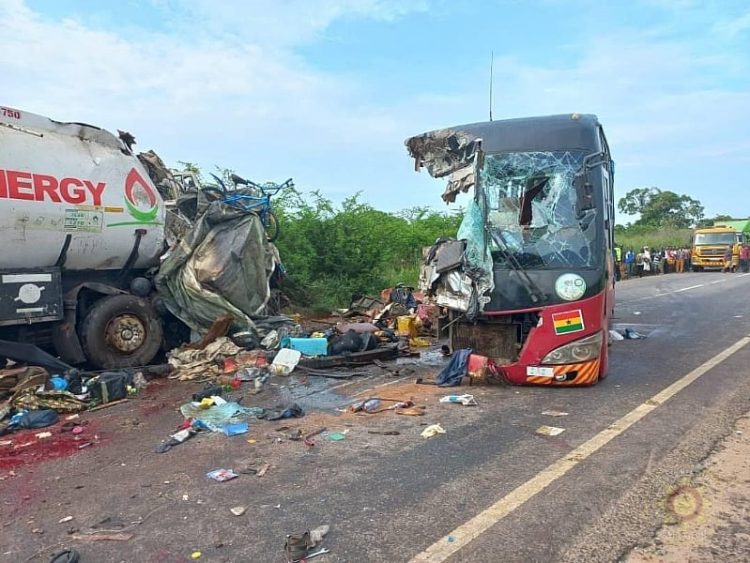





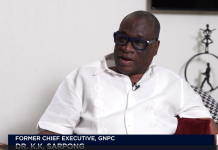















![[FREE FREE MONEY] Predict and Win a Guaranteed GH¢200 From Us EVERY WEEK](https://wordpress.ghanatalksradio.com/wp-content/uploads/2022/02/Predict-and-Win-Final-09-03-2021-218x150.jpg)
![[Predict & Win – 8th/Oct.] WIN A Guaranteed ¢200 From Us This Week](https://wordpress.ghanatalksradio.com/wp-content/uploads/2021/10/maxresdefault-16-218x150.jpg)
![[Predict & Win – 2nd] WIN A Guaranteed ¢200 From Us This Week](https://wordpress.ghanatalksradio.com/wp-content/uploads/2021/09/maxresdefault-50-218x150.jpg)
![[Predict & Win – 25th] WIN A Guaranteed ¢200 From Us This Week](https://wordpress.ghanatalksradio.com/wp-content/uploads/2021/09/maxresdefault-36-218x150.jpg)
![[Predict & Win – 18th] WIN A Guaranteed ¢200 From Us This Week](https://wordpress.ghanatalksradio.com/wp-content/uploads/2021/09/maxresdefault-23-218x150.jpg)

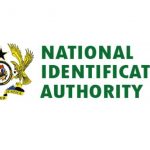





![[National cathedral] See full list of churches that have contributed since 2018](https://wordpress.ghanatalksradio.com/wp-content/uploads/2020/09/Ghana-National-Cathedral-GhanaTalksRadio-100x70.jpg)


